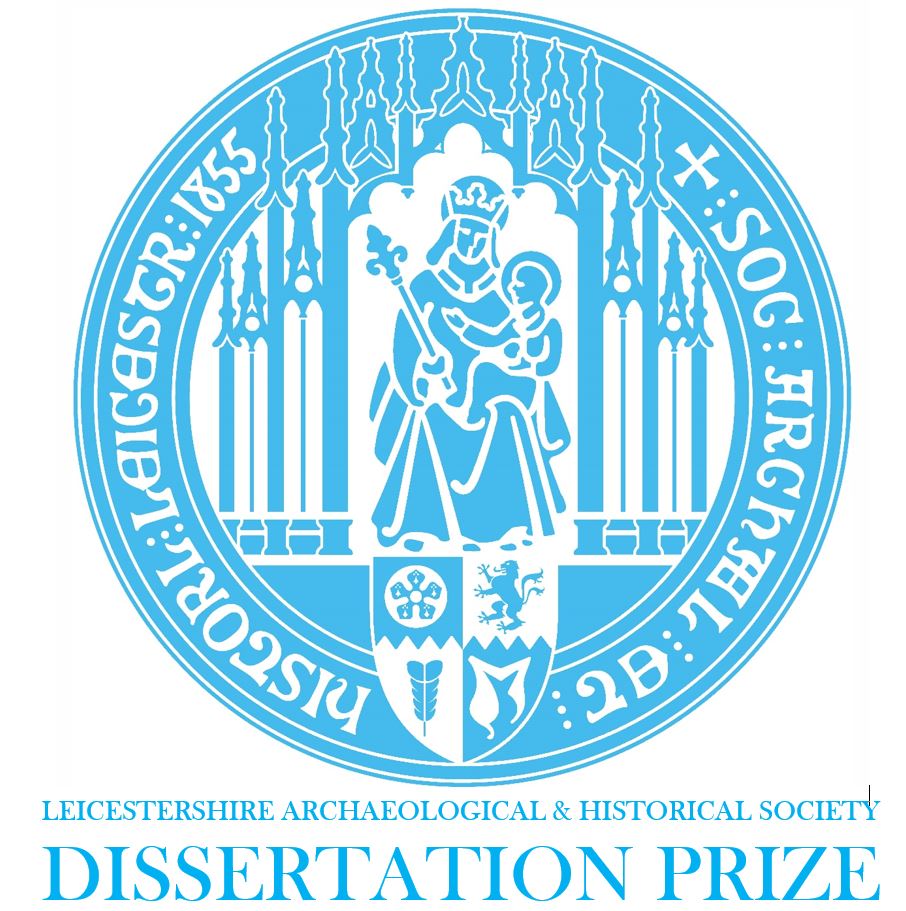Friday 9 February 2024
LAHS Dissertation Prize Awards for 2024
Our prize winners this year are Jakub Milcarz and Susan Hughes. Here are the abstracts of their dissertations.
The award for best dissertation for BA History goes to Jakub Milcarz for ‘Living Conditions in Polish Resettlement Camps 1947-1960’ (De Montfort University, 2023).
The study looks at living conditions in the Polish Resettlement Camps in post-war Britain, focusing on physical aspects of camp life such as the quality of housing and food, as well as the social and cultural well-being of the camp inhabitants. Using oral histories as well as newspapers, government reports and memoirs this study demonstrates that the living conditions in the camps were inadequate when the Poles arrived but were subsequently improved. Case studies from a variety of camps from across Britain, but with a majority drawn from Leicestershire and Rutland, demonstrate that the presence of nation-wide Polish institutions such as the ex-combatant's association or the Polish Catholic Mission as well as access to the Polish exile press meant that despite geographical separation, the camps developed across the same cultural trajectory. By understanding the agrarian origin of the Poles, their war time experiences and the subsequent development of the exile identity, we can see how the camps were transformed to suit a traditional Polish way of living as well as creating a unique Polish cultural enclave.
The award for best dissertation for MA History goes to Susan Hughes for ‘Merchants and Ministers: The Cradock family, trade and Puritanism in seventeenth century England’ (University of Leicester, 2023).
The merchant companies were widely involved in supporting and funding the spread of religious non-conformity in the seventeenth century. This case study, utilising apprentice registers, family wills, family letters and the church court records of the Diocese of Rutland reveals how the Cradock family were involved in the Puritan movement at both the international, national and local level. Two brothers are examined here, Matthew the successful merchant and first Governor of the Massachusetts Bay Colony, and his brother Samuel, a member of a prominent group of non-conformist clergy in the County of Rutland before and during the Civil War. Emphasis is on the brothers’ commitment to the Puritan movement and on the importance of family, business and religious networks in their success and that of their immediate descendants who were to become influential church leaders and academics in the later Stuart period.
Congratulations to the winners. The prizes will be presented at the Alan and Joan North Memorial Lecture on 14 March 2024.


